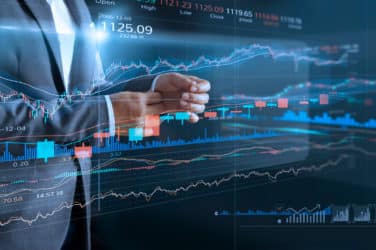
BIS Working Papers | No 1115 |
Summary
Focus
Fierce competition on speed is a defining feature of modern financial markets. In response to a price signal with certain consequences, a race among market participants occurs based on how quickly they can react to that signal. These situations (labelled “latency arbitrage”) can be harmful to liquidity in financial markets.
Dark pools – trading venues with no pre-trade transparency – are uniquely susceptible to this latency arbitrage as they rely on prices from an external reference market in order to determine execution prices, and dark liquidity is often pegged to this reference price.
Contribution
This study makes use of a unique data set spanning complete order book information (user-level trade and quote entry) for multiple dark pools to identify the market participants that are most often responsible for latency arbitrage. It analyses the liquidity provision strategies of different groups of participants in dark pools and examines the effectiveness of two market-design solutions that can address the negative consequences of speed races.
Findings
Conservative estimates suggest that at least 4% of dark trading occurs at stale reference prices. High-frequency trading firms (HFTs) almost always benefit from such stale prices, being on the profitable side of the trades between 96 and 99% of the time. Furthermore, stale trading does not happen at random but is driven by the behaviour of HFTs. HFTs as a group almost never provide marketable liquidity in the dark and rather behave strategically to exploit their speed advantage by submitting marketable orders to execute against stale quotes. Finally, measures designed to protect passive liquidity provision in dark pools can successfully reduce the negative implications and costs of latency arbitrage.
Abstract
We investigate stale reference pricing and liquidity provision in dark pools using proprietary, participant-level regulatory data. We show a substantial amount of stale trading occurs, imposing large costs on passive dark pool participants. Consistent with these costs, HFTs almost never provide liquidity in the dark, instead frequently consuming liquidity, in particular in order to take advantage of stale reference prices. Finally, we show that market design interventions randomizing dark execution times are successful at countering dark pool latency arbitrage, protecting passive providers of dark liquidity. Our results have substantial implications for practitioners and policymakers aiming to improve liquidity provision in dark pools.
JEL classification: D47, G10, G14
Keywords: high-frequency trading, dark pools, latency arbitrage, stale quotes, reference prices
The full paper can be read here.
Source: BIS






